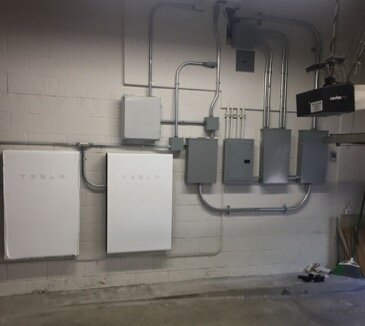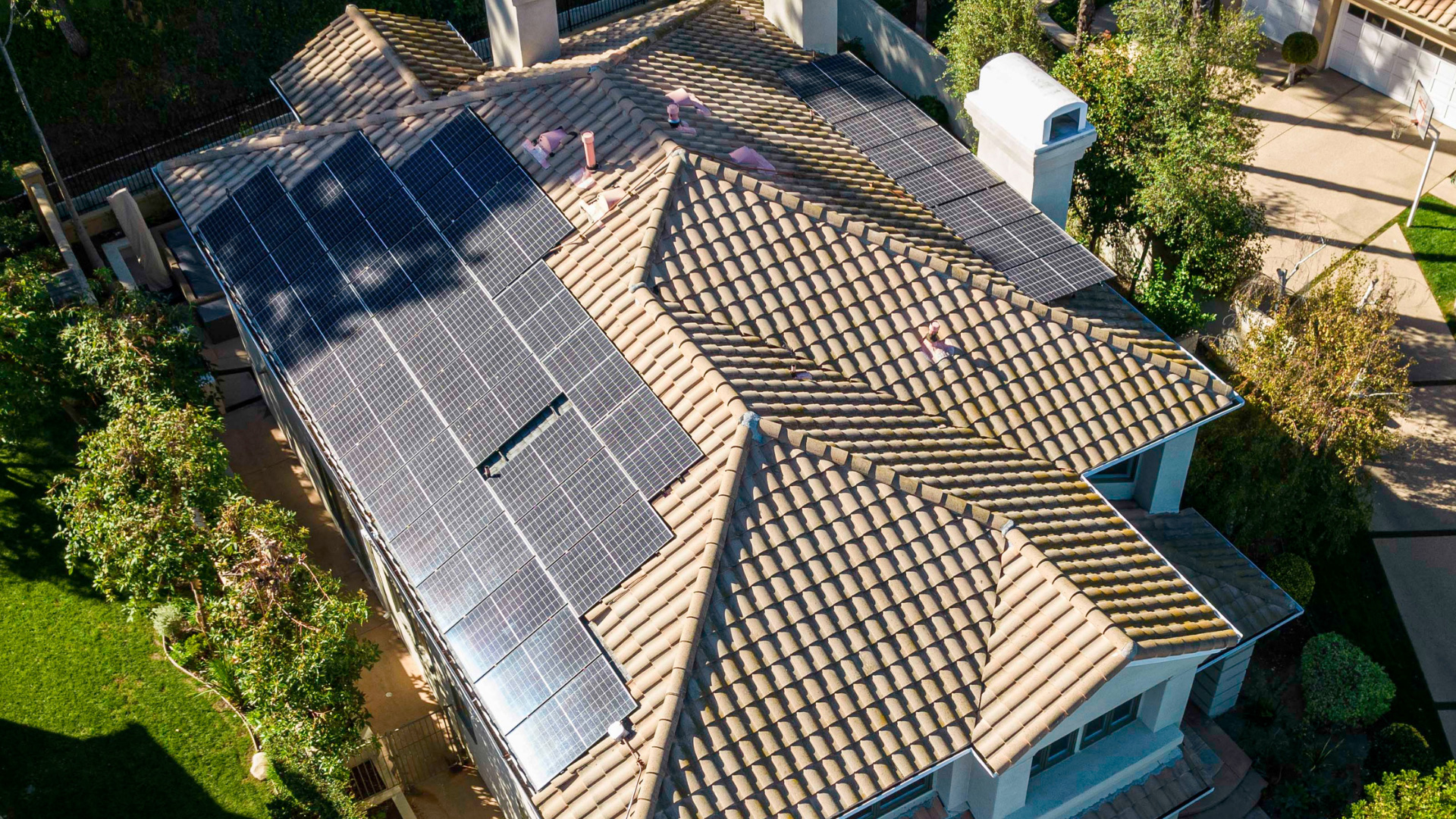Most of the solar battery storage solutions on the market have a lifespan of 5-15 years. The factors which determine their durability include; type of battery, usage, maintenance, and the temperature of where you live.
When comparing products, one of the biggest factors you’ll want to consider is the warranty. Not all warranties cover the same things, so it is important to do an honest apples-to-apples comparison before signing anything.
This article will cover some of the most important factors to consider when comparing solar battery storage warranties.
1. The Coverage Period
The manufacturers usually state the number of years to cover in this type of warranty. The battery chemistry is one of the factors which determine the number of years that it can last. Lead-acid batteries have shorter durability when compared to lithium-ion batteries.
Lead-acid battery warranties, therefore, cover a short period than those provided to the lithium-ion batteries. Lead-acid batteries have a warranty under 5-years while many Lithium-ion batteries are up to 10 years and more
2. The Warranty on the Inverters
The complete solar panel system is mainly composed of the panels, the battery, and the inverter. Most manufacturers extend the warranty coverage to the inverter. The inverter changes the direct current stored in the battery, to alternating current electricity used by home gadgets. Most of the batteries come with an in-built inverter. If the inverter is not included in the battery package, one can purchase it separately either from the same vendor or a different one. Buying the inverter from separate manufacture means that it will have a separate warranty. Before buying the solar power storage device, it is imperative to inquire whether the seller will include the inverter. If not, it is wise to seek advice from the vendor on the one compatible with your battery.
3. Warranty on the Batteries Cycle
A single cycle is completed when a fully charged battery drains after usage. Some manufacturers base their warranty on the number of cycle processes that the battery can withstand before degrading. The warrant issued guarantees that the battery performance will be excellent within a certain number of cycles. The cell chemistry and the battery size are vital determinants of the number of cycles a battery can undergo. Lithium-ion batteries do undergo many processes before they degrade as compared to lead-acid batteries. The lithium-ion batteries are therefore issued a warranty with a higher cycle count than the lead-acid batteries.
However, the degradation of the solar batteries as they age, makes it hard sometimes to evaluate the warranties based on the number of cycles.
4. A Throughput Warranty
This warranty is issued based on the total power output of the battery throughout its lifetime. The manufacturers can estimate the megawatt-hours for each battery, which helps them determine the warranty period.
The throughput warranty is valid until the battery stores and delivers the manufacturers’ megawatt-hours value. The metric provided by the throughput warranty are more tangible compared to output from cycles; you can therefore assess the value of your battery over its lifespan.
A Tesla Certified Installer
Solar Optimum is proud to be a Tesla certified installer. Our warranty package is the best in the industry and will provide you with the full coverage you need, whether it relates to equipment, installation, battery storage, or roof repairs. Contact us today to get a quote and learn more about our warranty package.






